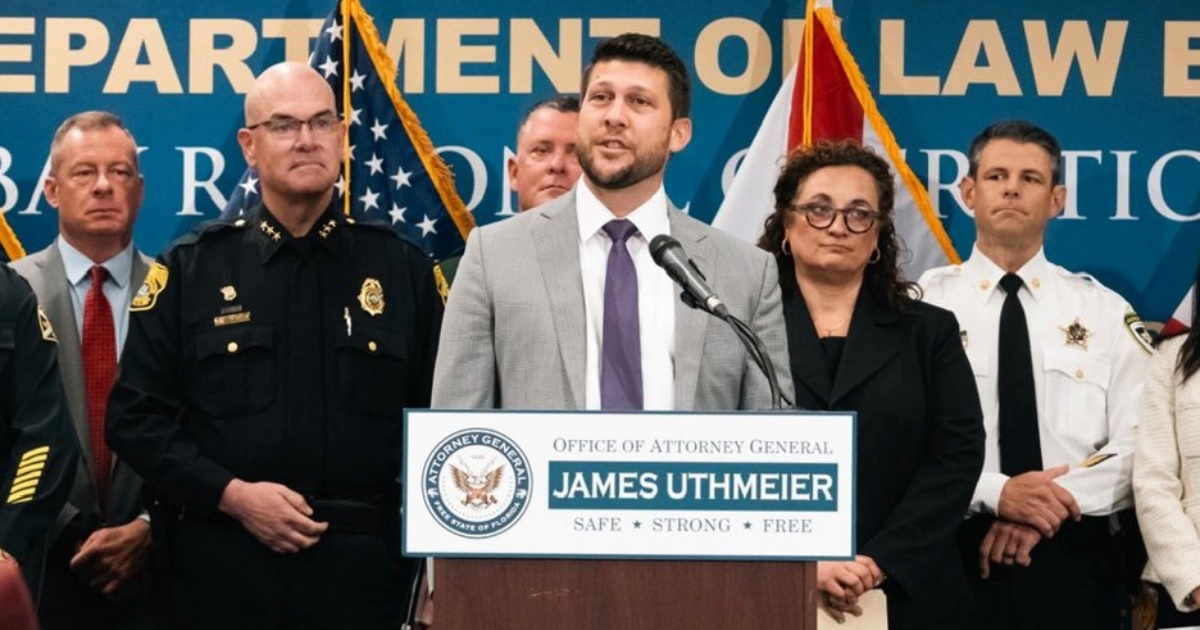Miami finds itself embroiled in a political storm following a strong warning from Florida's Attorney General, James Uthmeier, just before a critical vote that could alter the local election timeline, potentially extending Mayor Francis Suarez and the city commissioners' terms by an additional year. The move to delay the municipal elections scheduled for November has sparked a clash between local officials and state authorities, raising legal and constitutional concerns.
What's Behind the Election Date Change Controversy?
The conflict originates from a proposal put forth by Miami Commissioner Damian Pardo, aiming to shift the city's elections to even-numbered years, aligning them with state and federal elections. The stated goal is to boost voter turnout and cut costs associated with local elections.
"Moving it to 2026 is incredibly popular. We have thousands in the city advocating for the change," Pardo claimed in early June, citing significant public support for the measure from residents. The proposal passed its first reading last Tuesday with a narrow 3-2 vote, which would not only change the electoral cycle but also cancel the upcoming November municipal elections, effectively prolonging the current terms of Mayor Suarez and the commissioners by another year.
Attorney General's Warning: Legal Action May Ensue
However, Pardo's aspirations now face fierce opposition from Florida's Attorney General. In a letter dated June 11, Uthmeier firmly stated that such a change cannot be decided unilaterally by the city commission; it must involve direct participation from the electorate.
According to Uthmeier, "The electorate of the city of Miami, through their county provisions, plays a direct role in modifying its charter... Ignoring this procedure would render the applicable provisions of the 1885 Florida Constitution meaningless." This warning was reiterated in a second letter sent on Wednesday afternoon, ahead of Thursday’s final vote.
In the letter, the Attorney General sternly declared, "The State will not tolerate such unconstitutional deviation." He added, "Should you proceed with the proposed ordinance, my office reserves the right to consider all measures available to prevent this legal violation."
Internal Commission Division and Legal Concerns
The initiative to alter the election schedule has not only created tensions with the state but has also caused internal divisions within the commission. Commissioner Miguel Ángel Gabela requested the legal opinion of the Attorney General. "My lawyer, José, and I had concerns about the legality of this, and indeed we sought the opinion of the Florida state attorney," Gabela explained to Telemundo 51, justifying his opposition to Pardo's proposal.
Despite the warnings and the risk of facing sanctions, Damian Pardo remains steadfast in his position, publicly stating that he will not be intimidated. According to him, the measure aims to democratize the electoral process and enjoys the support of numerous residents.
Additionally, newly elected Commissioner Ralph Rosado has voiced his support for the measure, stating in a press release that his priority is "increasing voter participation and saving the city money."
Governor's Implicit Threat
Even though Attorney General Uthmeier has not specified any concrete actions, some political analysts interpret the warning as a subtle indication that Governor Ron DeSantis might intervene directly.
Political analyst Alex Penelas explained, "The Governor of Florida has the authority to suspend an elected official if he believes that official is not complying with state law or the constitution. I think this threat, although subtle, might be enough to prevent the necessary votes to approve this measure."
The Miami City Commission is set to face the final vote on the contentious ordinance this Thursday at 9:30 a.m. The outcome could trigger a significant legal dispute between local and state authorities.
Key Questions About Miami's Election Controversy
Why is Miami considering changing its election date?
The proposal aims to align Miami’s elections with state and federal elections to increase voter turnout and reduce costs.
What legal issues are involved in the proposed election date change?
The Attorney General of Florida has stated that altering the election date without direct electoral involvement violates constitutional provisions, potentially leading to legal action.
What are the potential consequences if Miami proceeds with the election change?
If Miami proceeds, it could face legal challenges from the state, and Governor DeSantis might intervene by suspending officials involved in the decision.
